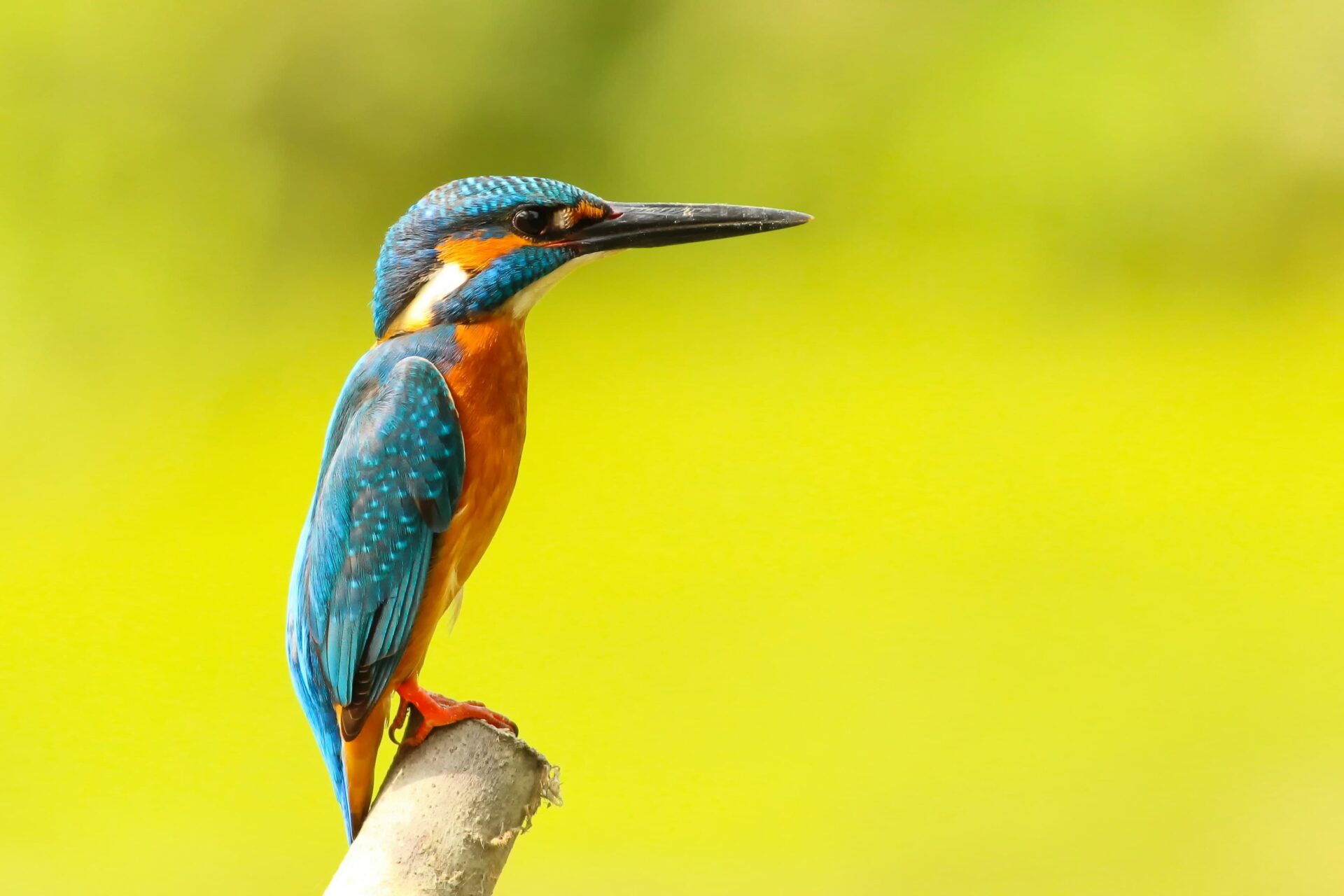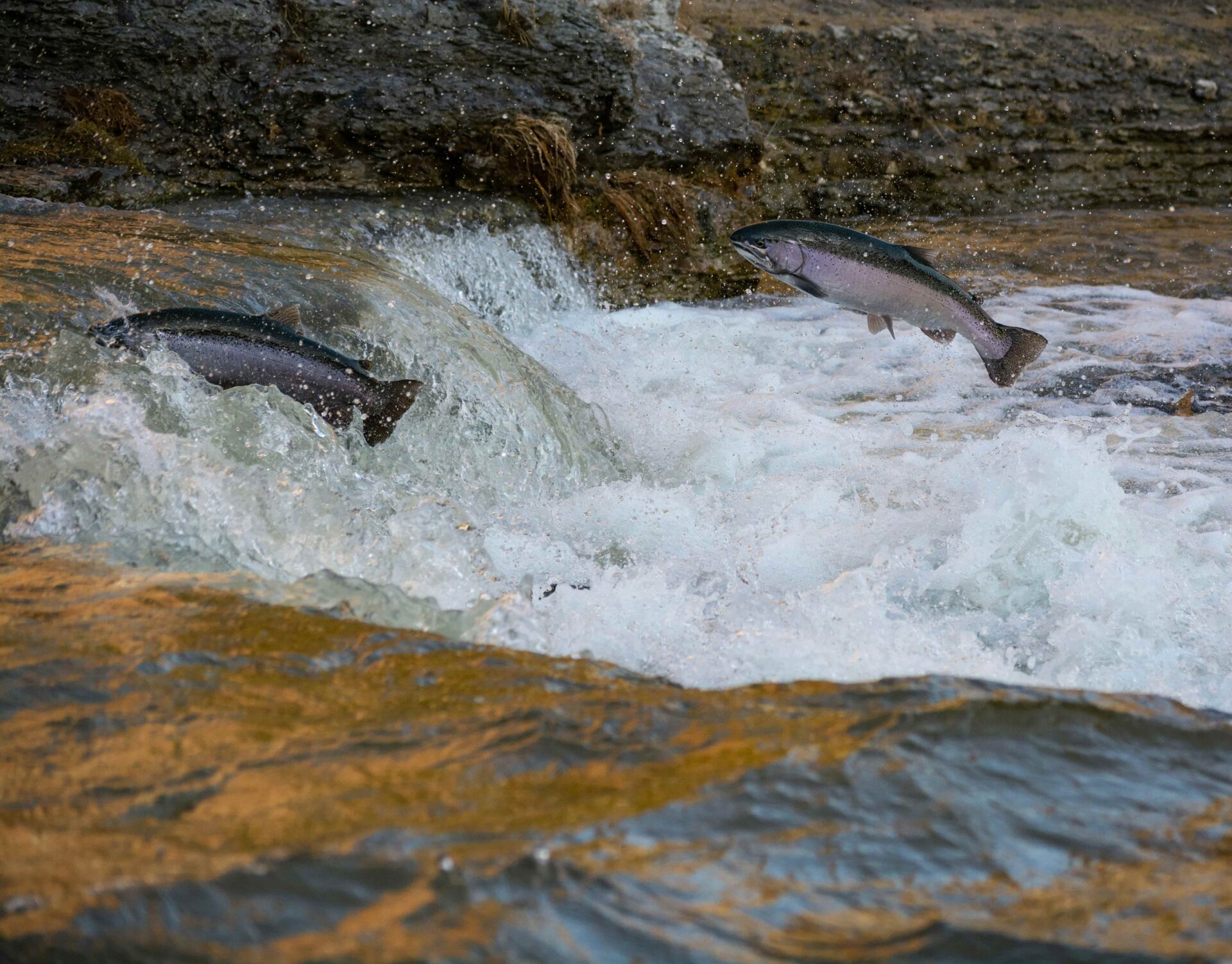Data Basin
Our flagship platform, Data Basin, enables thousands of people from multiple sectors to access, explore, analyze, and act on geospatial conservation data.
Learn More

we translate
science into conservation action

we provide
credible + transparent science

we empower
our partners

Conservation Biology Institute is a non-partisan, science-based nonprofit working to support the conservation of biological diversity towards a healthier, more ecologically sustainable planet.
The world is a complex place, and solutions to problems are seldom obvious or accomplished in isolation. We collaborate with a wide diversity of partners and use a range of tools—both social and technical—to support wise planning, policy, and management for biodiversity, ecosystems, climate, energy, and water resources.
We work dynamically, finding creative new ways to solve problems. Whether your interest is endangered species, energy or water planning, or taking rapid climate adaptation or mitigation steps, we help you make complex decisions in efficient ways, using the best available evidence.
Data Basin
Our flagship platform, Data Basin, enables thousands of people from multiple sectors to access, explore, analyze, and act on geospatial conservation data.
Learn More
Conservation Planning and Management
We advance practical and effective science-based strategies to protect and enhance native species, habitats, and ecosystems at all scales.
Learn More
Conservation Software Solutions
We develop innovative, visually compelling tools to help people use the best science and data to make conservation and resource decisions.
Learn More
Spatial Analysis and Mapping
We empower our clients by providing spatial analysis and mapping products to help them visualize and communicate complex conservation issues.
Learn More
Scientific Research and Modeling
We provide customized modeling products for conservation, restoration, climate change adaptation, and natural resource management – all grounded in the best available science.
Learn More
Consultation and Training
We effectively translate the latest scientific research into real world solutions.
Learn More
Online Applications & software


Integrating science into land management requires both the development of management-relevant science and the communication of that science in a way that can be readily integrated into existing management processes. CBI has worked collaboratively to understand what land managers in the Sierra Nevada need to inform science-based conservation decision-making, and to develop useful information and tools to help further our mission in that respect.
Sarah Sawyer, National Wildlife Ecologist and Wildlife Ecology Program Leader, United States Forest Service
For over 30 years, [we] worked to apply advanced techniques for land management and species monitoring for the Endangered Stephens Kangaroo Rat. The partnership with Conservation Biology Institute and their scientific expertise elevated RCHCA’s approach and allowed the layering of sound management practices backed by proven scientific strategies in support of species conservation, contributing to the overall success of our mission. With CBI’s dedication to applied research, education, and collaborative community service, we achieved milestones and made real impacts to change species status and complete recovery actions.
Princess L. Hester, Administrative Services Director, Western Riverside Council of Governments, CA

I cannot overstate how appreciative I am to work with folks with such good attention to detail and both problem identifying and solving skills.
Alyssa Louie, Senior Environmental Scientist, California Department of Food and Agriculture